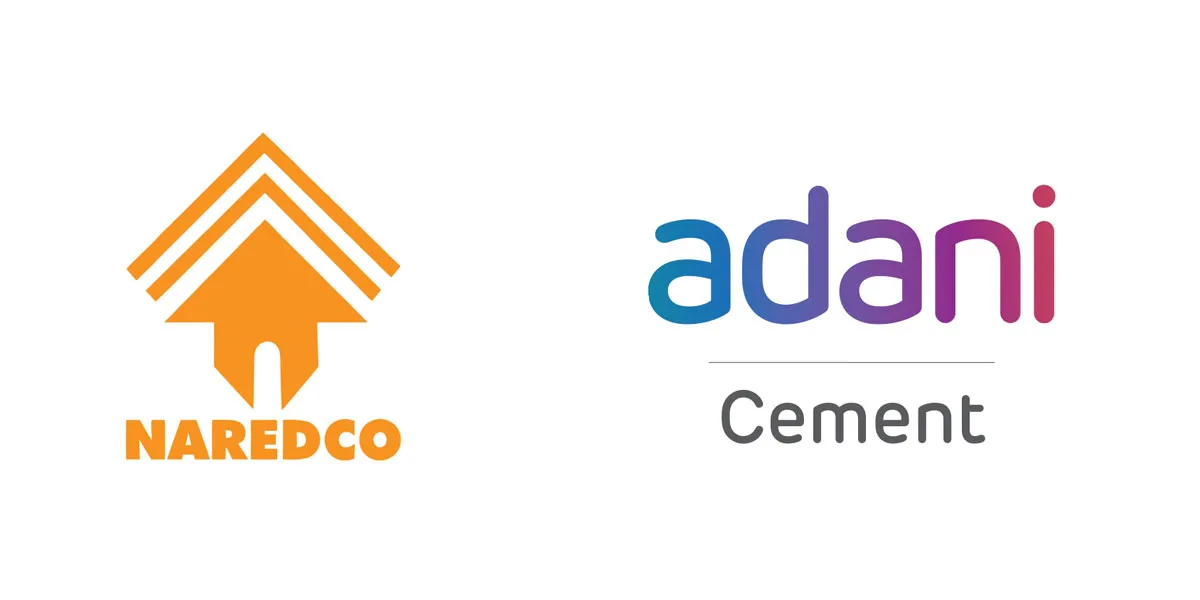The Container Corporation of India (CONCOR) is developing a strategic plan to mitigate risks associated with the common-user tag for terminals operating on Indian Railways land as it transitions to the Goods and Cargo Terminal (GCT) scheme. This strategic shift is aimed at optimizing terminal operations and improving efficiency in the logistics sector.
Under the common-user terminal framework, CONCOR’s terminals are required to be accessible to all users, which ensures fair competition and prevents monopolistic practices. However, as CONCOR moves towards the GCT scheme, which involves allocating specific terminals for dedicated goods and cargo services, the company needs to address potential risks and operational challenges that could arise from this transition.
The GCT scheme is designed to enhance the efficiency of cargo handling by streamlining operations and focusing on specific types of goods or cargo. This shift is expected to improve service levels and reduce turnaround times at terminals. However, it also introduces complexities related to managing terminals that were previously operated under the common-user model.
CONCOR’s strategy will involve several key components to effectively manage the transition:
Risk Assessment: Identifying and analyzing potential risks associated with the GCT scheme, including operational, financial, and regulatory challenges.
Operational Adjustments: Implementing changes to terminal operations to align with the GCT requirements, ensuring that dedicated terminals can handle specific cargo types efficiently.
Stakeholder Engagement: Engaging with stakeholders, including shippers, rail operators, and regulatory authorities, to ensure smooth implementation and address any concerns related to the shift from common-user to GCT terminals.
Infrastructure Upgrades: Investing in infrastructure improvements to support the specialized handling of cargo at GCT terminals, enhancing capacity and efficiency.
Regulatory Compliance: Ensuring that the transition complies with all relevant regulations and guidelines to avoid potential legal or operational issues.
By developing a comprehensive strategy, CONCOR aims to minimize disruptions and leverage the benefits of the GCT scheme to enhance its logistics operations. The transition is expected to contribute to more efficient cargo handling, better service quality, and improved overall performance of CONCOR?s terminal network.
This strategic move aligns with broader efforts to modernize and optimize India?s logistics and transportation infrastructure, supporting the growth of trade and commerce in the region.


 Economy & Market4 weeks ago
Economy & Market4 weeks ago
 Economy & Market4 weeks ago
Economy & Market4 weeks ago
 Concrete1 month ago
Concrete1 month ago
 Concrete2 weeks ago
Concrete2 weeks ago



















